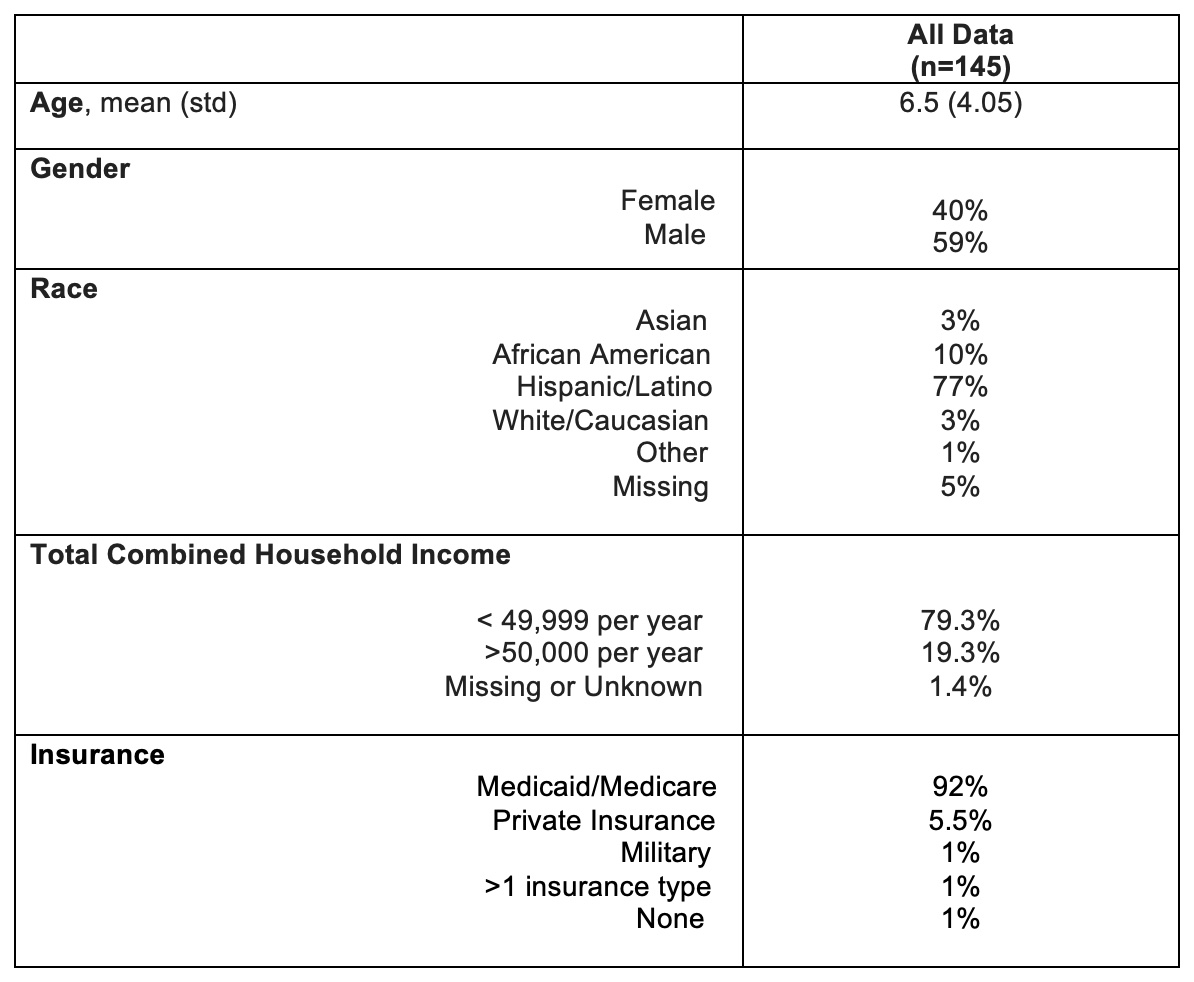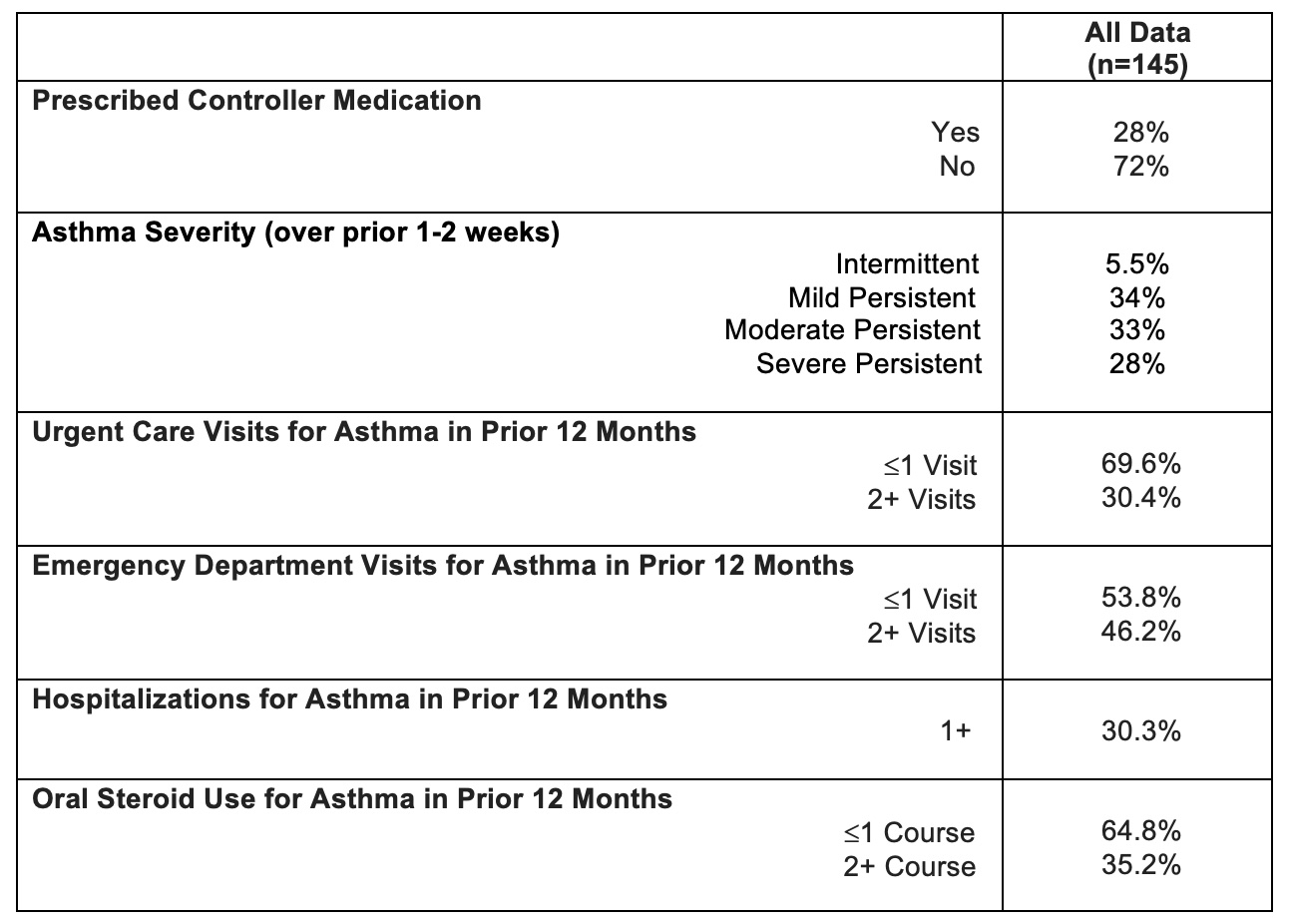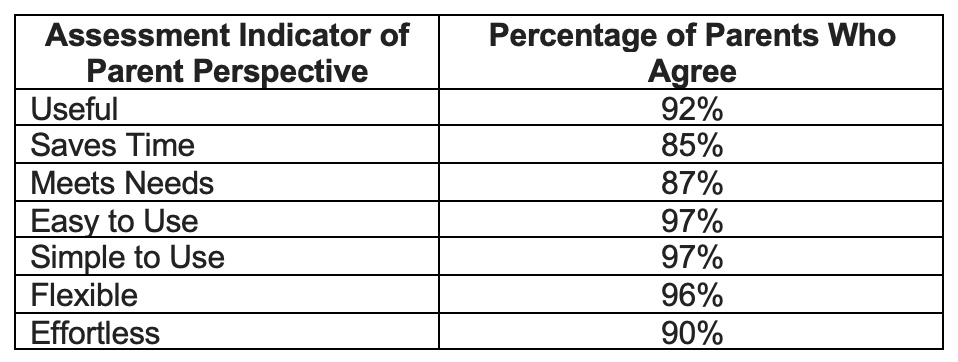Asthma
Session: Asthma 1
182 - Appropriateness of virtual asthma specialist care for pediatric asthma patients presenting to the emergency department
Friday, May 3, 2024
5:15 PM - 7:15 PM ET
Poster Number: 182
Publication Number: 182.56
Publication Number: 182.56
- KP
Kathryn Pade, MD (she/her/hers)
Associate Professor of Pediatrics
Rady Children's Hospital San Diego
Rady Children's Hospital
San Diego, California, United States
Presenting Author(s)
Background: Telemedicine is increasingly used in ambulatory settings, although the acceptability and appropriateness of this modality for asthma specialist care, particularly among low socioeconomic and racial and ethnic minority pediatric patients, is unknown.
Objective: We sought to examine patient-centered outcomes from participants enrolled in a telemedicine asthma specialist program initiated during a pediatric asthma-related emergency department (ED) visit.
Design/Methods: This is a secondary analysis of data collected June, 2022 – May, 2023 in a randomized clinical trial of post-discharge telemedicine specialist care for children who presented to the emergency department for asthma care. SMS text message-based store-and-forward telemedicine care involved: 1) asthma severity assessment every 3 weeks; 2) automated treatment plans based on adherence to controller medicines and asthma severity; and 3) asthma specialist prescribing of controller medications (intervention only). We examined a variety of parent-centered outcomes regarding telemedicine asthma care and associated patient sociodemographic and clinical factors.
Results: There were 145 participants (control = 68; intervention = 77), most of whom were male, Hispanic and on public insurance (Table 1), without significant sociodemographic or clinical differences between treatment groups. There was significant asthma morbidity reported in the year prior to study enrollment: 84% reported one or more asthma exacerbations, while 64% reported two or more (Table 2). Despite this, only 28% of all patients reported controller medication use and 19% reported prior asthma specialist care. At 3 months post-enrollment, nearly all parents (intervention and control) reported that telemedicine asthma care: was useful (92%), saved time (85%), was easy to use (97%), was simple to use (97%), met their needs (87%) and found it effortless (90%) (Table 3).
Conclusion(s): SMS-based store-and-forward telemedicine asthma specialist visits are a strongly endorsed care model by parents of low socioeconomic and racial-ethnic minority children with uncontrolled asthma after an emergency department visit. The long-term benefits of this care model on improving clinical outcomes and in other patient populations are unknown.



